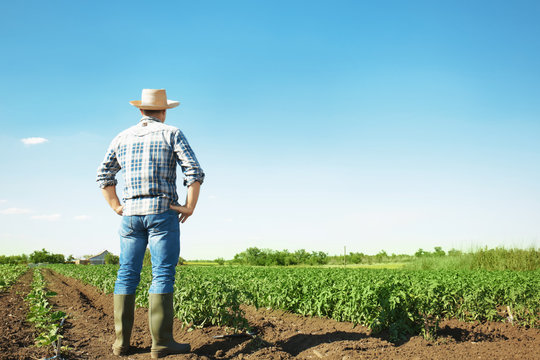Rewarding farmers for regenerative agriculture is critical for de-carbonising the food sector
June 7, 2024

(Adobe stock)
The food sector is one of the biggest contributors to the climate and nature crises. The way we grow, distribute, consume and dispose of food is responsible for one third of total greenhouse gas emissions annually
by Catherine Early – Reuters
Posted in Industry












